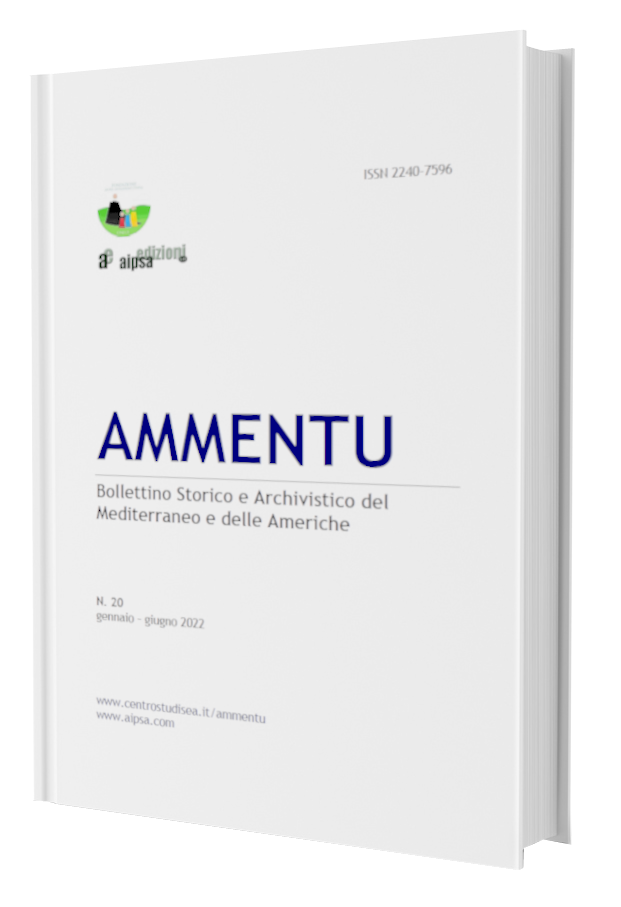Pascal Paoli and the agrarian question
DOI:
https://doi.org/10.19248/ammentu.428Abstract
In the 18th century, the Corsican countryside reached the apogee of the transformation process which, over the long term, saw the progress of agrarian individualism to the benefit of the Principali, the notables. These developments bear witness to the transition from a pastoral economy to a predominantly agricultural economy with the sedentarisation of the population. The latter contributes, like the slow disappearance of communal property, to destabilising the life of rural communities forced to set their limits and boundaries. This «municipalization» puts an end to «open land», used by several villages or several pieve. This led to extremely violent conflicts. How did Pascal Paoli, who intended to build a state, deal with all these problems? Wasn’t his attitude, made up of powerlessness, also a political and social choice, as the example of Migliacciaro shows?
Downloads
Published
Issue
Section
License
Note on the copyright
The Copyright Notice below must be included with the journal information and in the metadata for each published article. Although every journal can freely determine the nature and scope of the copyright agreement with its authors, the Public Knowledge Project recommends the use of a Creative Commons license. For these purposes, an example is provided and may be copy and pasted in the space below for those journals that (a) offer open access, (b) offer deferred open access or (c) do not offer open access.









